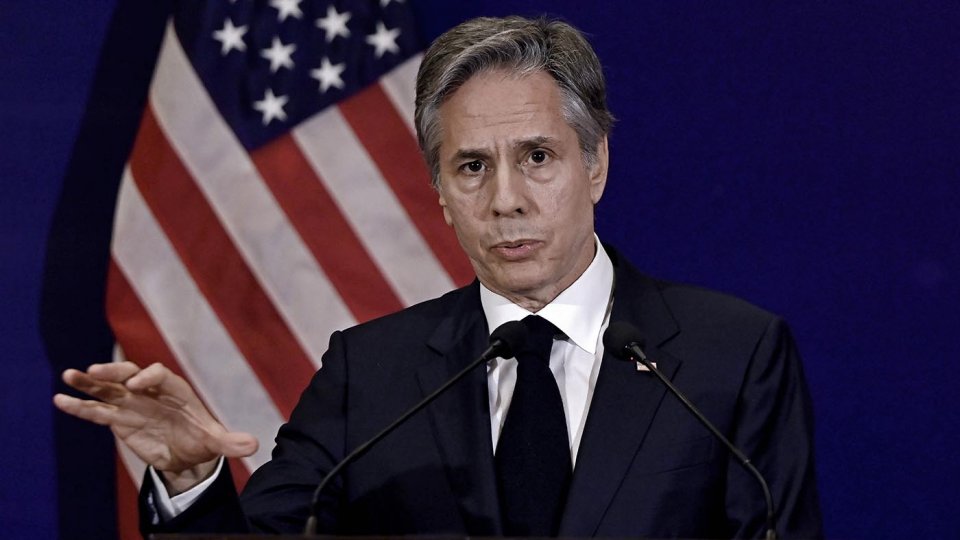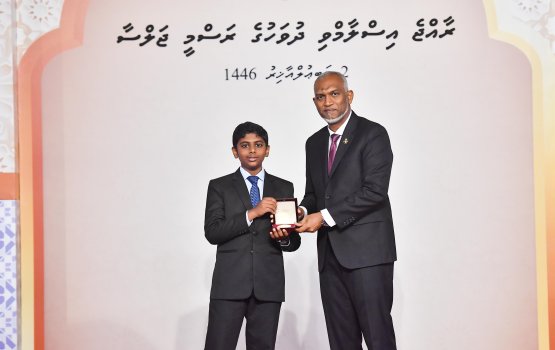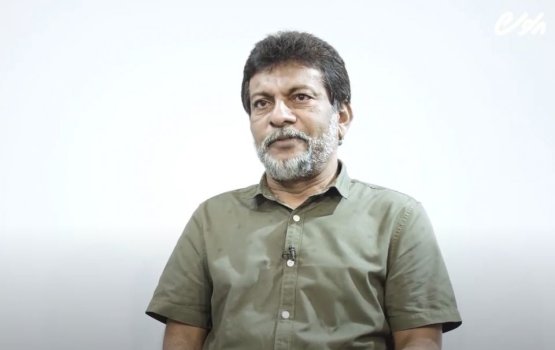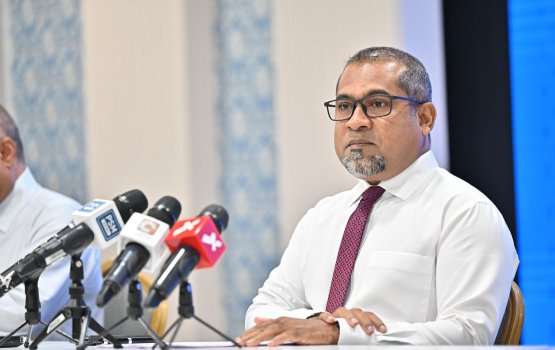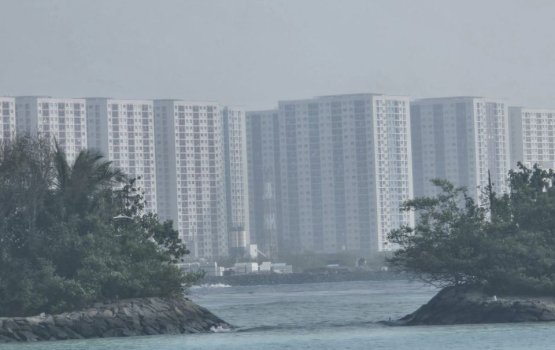US Secretary of State Antony Blinken has said that the Taliban’s “reprehensible” decision banning Afghan women from working with the United Nations will threaten vulnerable Afghans who rely on humanitarian assistance.
He called on the Taliban to put Afghans first and “reverse this decision.”
Blinken wrote the tweet in response to United Nations Assistance Mission in Afghanistan’s (UNAMA) statement released on April 5 regarding the Taliban’s decision to prohibit Afghan women from working with the UN. The UN in “strongest terms” has condemned the Taliban’s decision.
“The UN has been notified by the de facto authorities that, with immediate effect, no Afghan woman is permitted to work for the UN in Afghanistan, and that this measure will be actively enforced. This decision extends the directive previously announced on 24 December 2022, banning Afghan women working for national and international non-governmental organizations,” the UNAMA staement said.
According to the statement, several UN national female personnel have already faced restrictions on their movements, including harassment, intimidation, and detention. The UN has ordered all national staff, including men and women not to report to the office until further notice.
According to the statement, the UN Secretary-General’s Special Representative for Afghanistan Roza Otunbayeva is engaging with the Taliban to convey the UN’s protest and to seek an immediate reversal of the order. The UN is also engaging with member states, the donor community, and humanitarian partners.
According to the statement, the Taliban in the past 20 months has announced a series of restrictive measures targeting women and girls which have sought to limit their participation in all aspects of social, economic, and political life.
Two-thirds of the Afghan population – some 28.3 million people – require life-saving assistance to survive, including 20 million people who are food insecure, six million of whom are one step away from famine. The order will also further negatively affect humanitarian partners’ ability to reach those most vulnerable, especially women and girls, the UNAMA added. (ANI)

